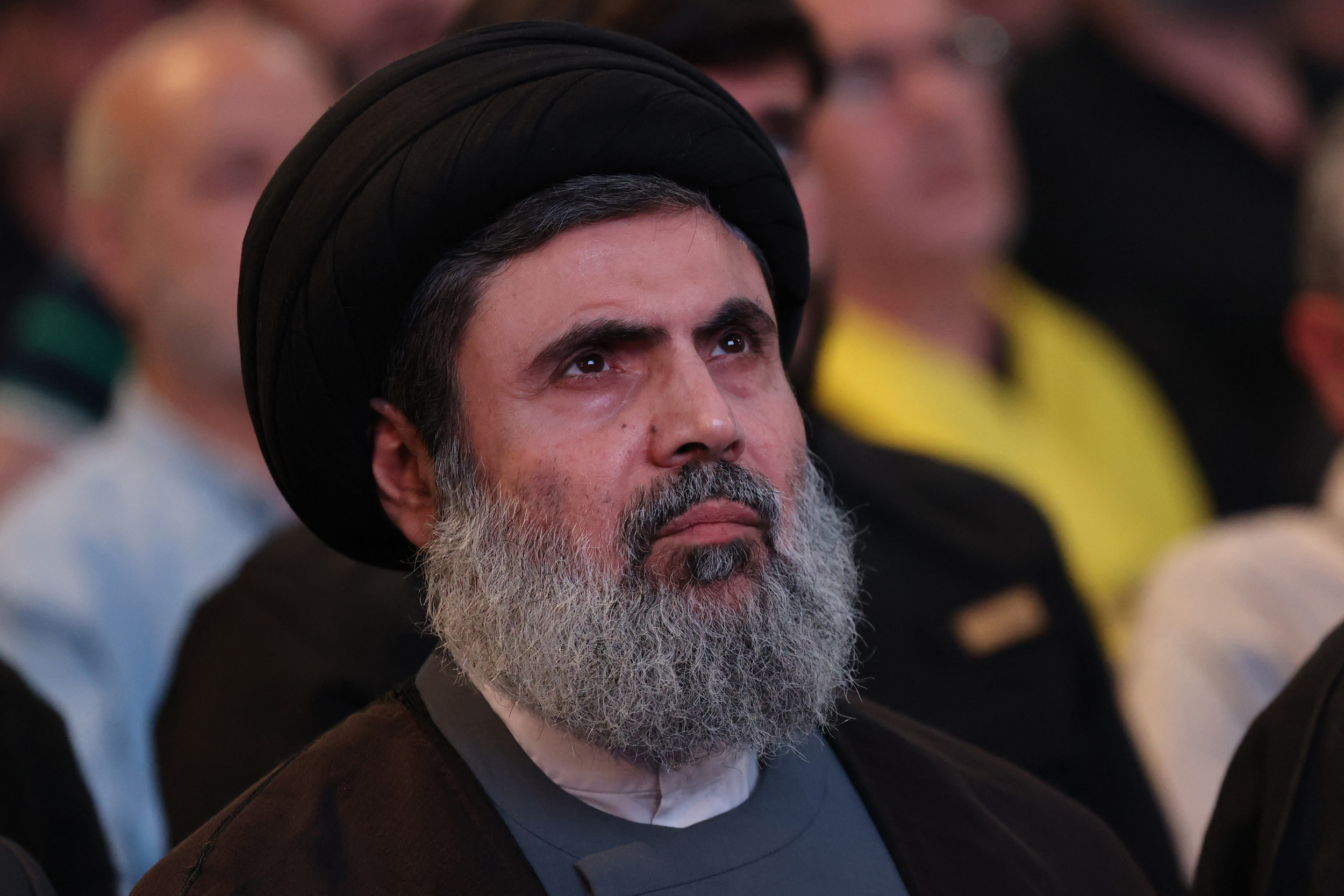The Israeli military has confirmed the death of Hashem Safieddine, a key cleric thought to be a potential successor to the late Hezbollah leader, Hassan Nasrallah. Safieddine was reportedly killed in an airstrike on October 4, which targeted the southern suburbs of Beirut.
This strike followed a similar operation that resulted in Nasrallah’s death on September 27. While the Israel Defense Forces (IDF) have declared Safieddine’s demise, Hezbollah has yet to issue an official confirmation regarding this claim.
Following the October 4 air raid, significant explosions shook Beirut, generating large plumes of smoke that lingered over the city. Hezbollah officials reported losing contact with Safieddine after the airstrike, and U.S. media suggested that he was specifically targeted by the bombing.
The IDF also revealed that Safieddine and Ali Hussein Hazima, the commander of Hezbollah’s Intelligence Headquarters, were both killed in the operation. According to the IDF, Safieddine had been involved in orchestrating various attacks against Israel for years and was integral to Hezbollah’s decision-making processes.

Israeli Airstrike Kills Hezbollah Cleric Hashem Safieddine Amid Escalating Tensions
Hezbollah is a powerful military and political organization in Lebanon, designated as a terrorist organization by Israel, the United States, the United Kingdom, and other countries. In 2017, Safieddine was classified as a “global terrorist” by both the U.S. and Saudi Arabia.
He was a cousin of Nasrallah and had strong ties to Iran, having pursued religious studies there. Additionally, his family connections included ties to General Qasem Soleimani, the Iranian military leader killed in a U.S. airstrike in 2020.
In a speech earlier this summer, Safieddine conveyed Hezbollah’s approach to leadership succession, emphasizing the group’s resilience in the face of adversity. He stated that even when a leader is lost, another emerges to carry on the struggle with renewed determination.
This ideology underscores Hezbollah’s commitment to its cause and highlights the organization’s ability to maintain its operations and influence despite losing significant figures.
Israel has escalated military operations against Hezbollah amid ongoing tensions and cross-border conflicts that have intensified since the outbreak of the war in Gaza. The repercussions of this conflict have been severe, with reports indicating that over 2,464 Lebanese individuals have been killed and nearly 12,000 injured within the past year.
Hezbollah has also responded with numerous attacks against Israel, resulting in the deaths of at least 59 people in northern Israel and the occupied Golan Heights. This cycle of violence continues to create profound challenges for the people affected by the ongoing conflict in the region.
